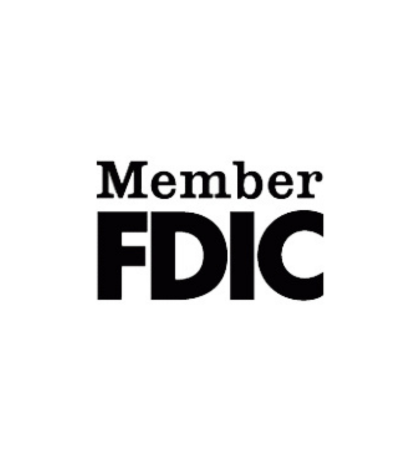Understanding What the FDIC Protects
.png)
In the wake of the 2023 news storm of some big banks closing their doors, Security Federal Bank wants to explain why there is no reason to panic. All deposit account holders with $250,000 or less per account in our institution are automatically protected by the FDIC – meaning that you can have peace of mind.
The Federal Deposit Insurance Corporation (FDIC) is an independent agency of the United States government that was established in 1933 to provide deposit insurance to depositors in case their bank fails. The FDIC is responsible for maintaining stability and public confidence in our nation's financial system.
What is deposit insurance?
Deposit insurance is a program that provides protection to depositors in case their bank fails. The FDIC provides up to $250,000 per depositor, per insured bank, for each account ownership category. This means that if a depositor has multiple accounts at one bank, such as a checking account and a savings account, each account is insured for up to $250,000. Note that the FDIC does not insure investments in stocks, bonds, mutual funds, or annuities.
Deposit insurance is a program that provides protection to depositors in case their bank fails. The FDIC provides up to $250,000 per depositor, per insured bank, for each account ownership category. This means that if a depositor has multiple accounts at one bank, such as a checking account and a savings account, each account is insured for up to $250,000. Note that the FDIC does not insure investments in stocks, bonds, mutual funds, or annuities.
Additional ownership categories include single accounts, retirement accounts, employee benefit plan accounts, trust accounts, business accounts, and more.
How does the FDIC protect depositors?
If a bank fails, the FDIC will step in and pay the insured depositors up to the insured amount. This means that depositors will not lose their money, and they will have access to it even if their bank fails. The FDIC also works to prevent bank failures by monitoring and examining banks to ensure that they are operating safely and soundly.
How does the FDIC protect the banking system?
The FDIC protects the banking system by promoting stability and public confidence in the financial system. The FDIC does this by providing deposit insurance, monitoring and examining banks, and resolving failed banks. When a bank fails, like Silicon Valley Bank’s collapse, the FDIC will step in and take over the bank's assets and liabilities. The FDIC will then work to sell the failed bank or merge it with another bank. By resolving failed banks, the FDIC helps maintain stability in the financial system and prevent bank runs.
Are there additional safety nets?
While the FDIC ensures your money will never be lost, Security Federal Bank offers additional protection plans, like secured checking and savings accounts and enhanced identity theft parameters, to keep your mind at ease. We have fraud prevention services which provide notification to alert you of possible fraudulent activity associated with your card.
Your money is safe with Security Federal Bank!
The FDIC plays a critical role in protecting depositors and the banking system. By insuring deposits, supervising banks, resolving failed institutions, managing deposit insurance funds, and promoting financial education, the FDIC helps ensure that depositors have confidence in the banking system and that the system is able to weather various economic shocks.
You can use the Electronic Deposit Insurance Estimator (EDIE) on the FDIC's website to calculate how much of your bank deposits are covered by FDIC deposit insurance and what portion of your funds (if any) exceeds the coverage limits.
Looking for a secure and trustworthy bank? Become a customer of Security Federal Bank as we ensure your money is safe up to the full amount. Contact us today.